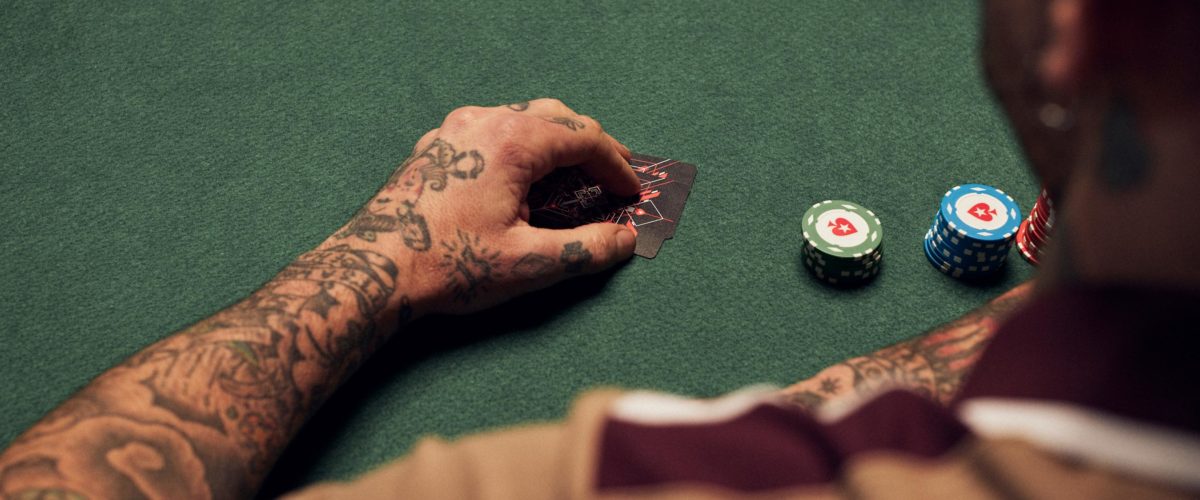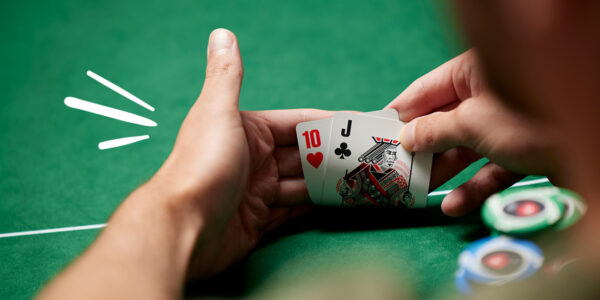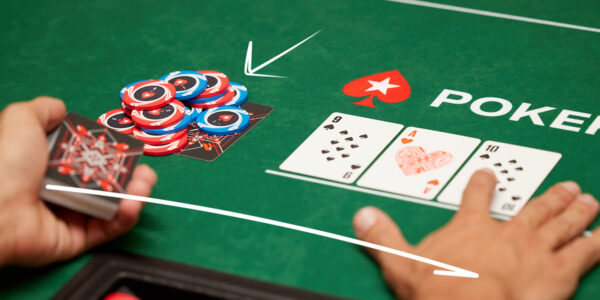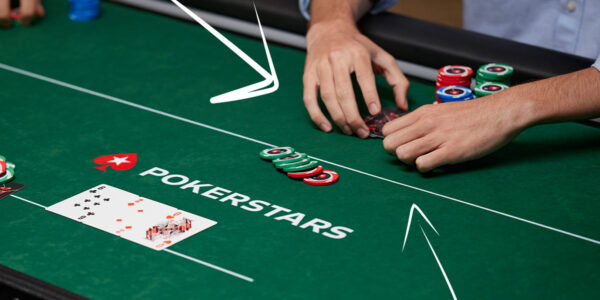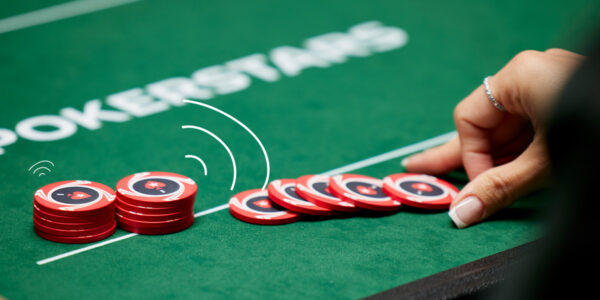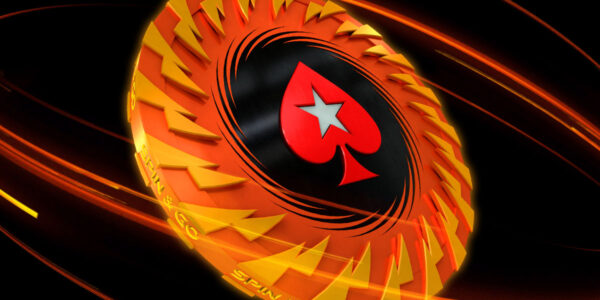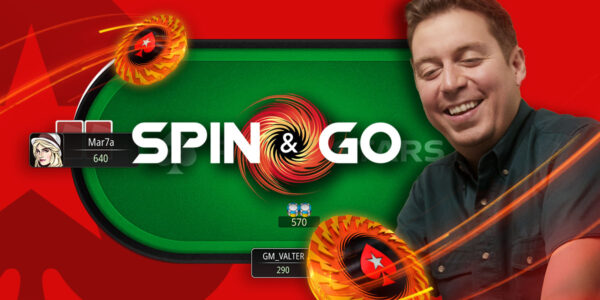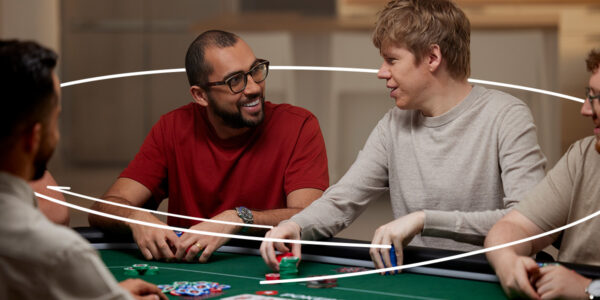Why Bluffing Is So Difficult
Finding good bluffs is one of the most difficult things to do in cash games. Good bluffing comes down to a combination of understanding the theoretical approach, but also adjusting for the tendencies of your opponents.
The difference between what you should do in theory and in practice is often miles apart, so we’ll break down theory first and then give you some practical ways to apply it in game.
Why Bluffing is so Hard
Bluffing is so hard because it’s so easy to make mistakes that lose you a lot of money.
To pull off a good bluff, you need knowledge of the theoretical side of things, as well as experience on the tables. While playing, try and get a feel of what players are doing. Are they shutting down in certain spots? Do they always call on the river? This will aid your decision-making process greatly.
For example, against a calling station we should rarely bluff, but against a passive, weak player we might want to bluff a lot.
Finally, pulling off a bluff takes courage. Every good bluffing hand requires the courage to pull the trigger, if you think it makes sense. Get feedback after the hand from peers and coaches, but first pull the trigger if you think it’s correct.
When to Bluff, When to Give Up
Now, let’s look at two examples of bluffing scenarios. One good bluff, and one bad bluff.
Example 1: Q♦ J♦ on 10♦ 9♦ 2♥ 3♠ 3♥ .
We raise on the Button with Q♦ J♦ and the Big Blind calls. We bet the flop, get a call, bet the turn, get a call, and arrive on the river having missed everything.
This is a really great flop for us, since we have a straight flush draw with a lot of outs. So, we bet flop, and continue on the turn when we miss. The river provides no help, but should we pull the trigger and bluff anyway?
The answer is no, in theory.
Here with our missed straight flush draw we block a lot of hands that we want our opponent to have. If our opponent has a flush draw or straight draw that misses, they would be very likely to fold the river (the result we want), so we don’t want to block those hands by having the cards ourselves. Instead, we’d want to have a hand like 78, for example, that doesn’t block flush draws or nut straight draws with a Q or a J.
Example 2: A♦ J♥ on Q♥ 7♦ 2♣ 10♠ 9♥ .
We raise on the Button with A♦ J♥ and the Big Blind calls. We bet the flop, get a call, bet the turn, get a call, and arrive on the river with just ace high.
After betting the turn with a gutshot draw, we miss and have to decide whether to bluff. Should we pull the trigger?
In theory, yes.
In the same way that we blocked the Big Blind’s folding hands in the last example, we don’t block any of the hands that they might fold. Furthermore, we block any hands like KJ that they somehow might have arrived at the river with. We are much more likely to have a hand like KJ that would bet flop and turn, and we can also have hands like QQ, TT and 99 that Big Blind is less likely to have. This is a great situation to bluff because we don’t block busted draws and we have cards that block their value hands.
Theory vs Practice:
While the above theory is useful in choosing hands to bluff with, just because you have a good bluffing candidate in theory doesn’t mean you should just start blasting away.
Especially in low stakes cash games, people simply don’t fold enough on rivers. If you’re in a big pot on the river, do less bluffing in general if your opponent can have strong hands. Don’t try and bluff someone off top pair at these stakes. Instead, take advantage of your opponents by stealing the smaller pots, while exercising caution in the larger ones.
In small pots, where the flop and turn both check through, your opponent is very unlikely to have a good holding and is probably pretty disinterested in the hand. Take advantage by stealing these small pots frequently with bluffs, while avoiding big hero-bluffing situations in larger hands.
If you want to learn more about ways you can exploit your opponents, check out this article on 3 ways you can easily exploit recreational players!


